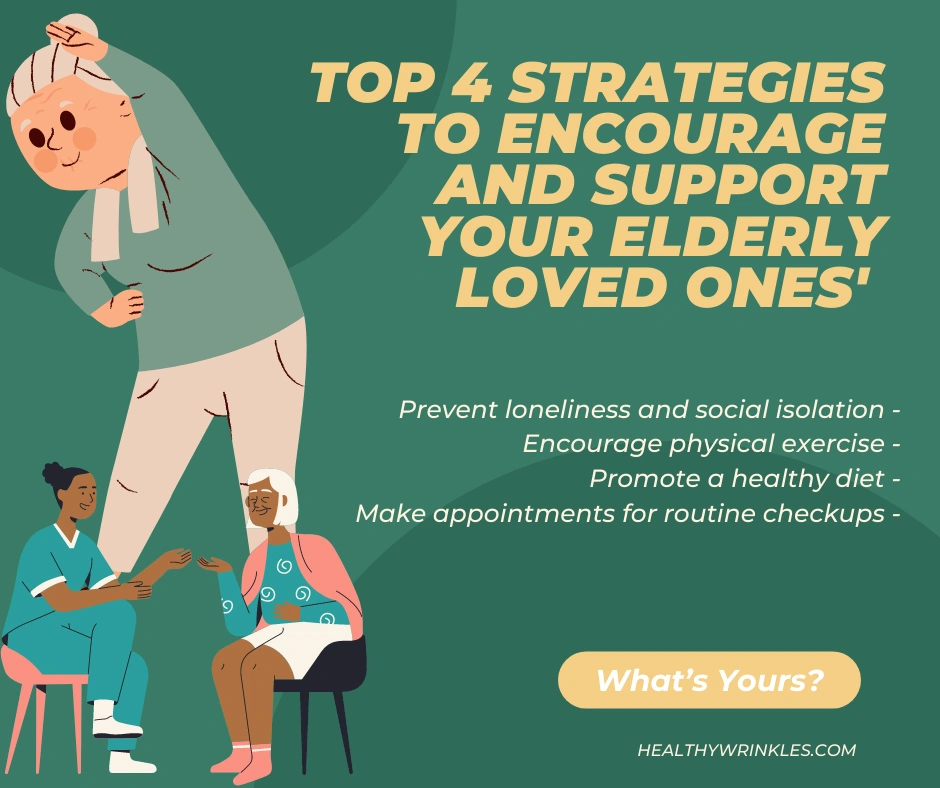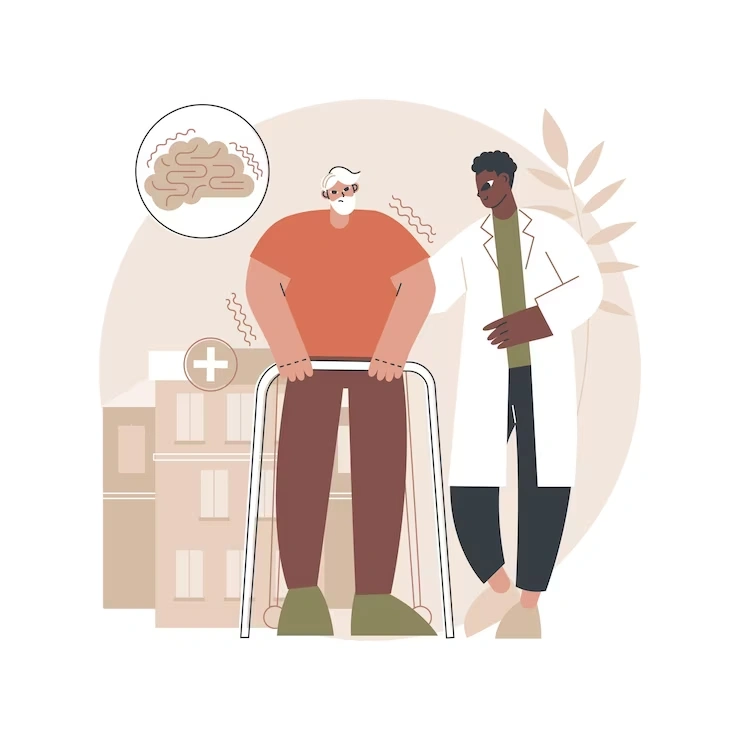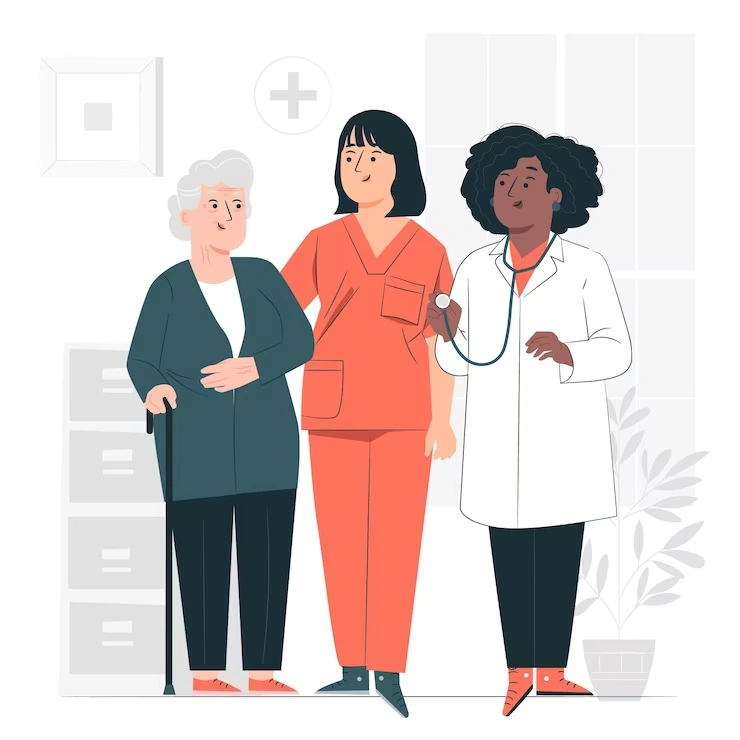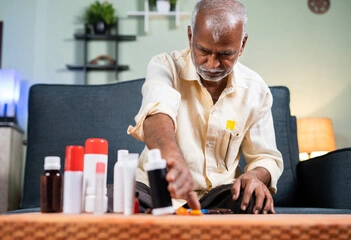Polypharmacy as a burden among Indian patients
Every elderly person wishes for long life and graceful aging. The elderly population is in phase three of the demographic transition, with advances in better health care, higher standards, and newer modalities of medical qualifications, and the number of elderly in India is increasing. With the aging process comes the possibility of developing multiple comorbidities. For optimal clinical benefit, current medical practice guidelines frequently require multiple drugs to treat each chronic disease state, and polypharmacy is unavoidable. When multiple prescription drugs are taken in excess or in low doses, they can cause adverse drug reactions. The elderly body responds differently than the adult body mechanism, particularly in terms of drug-drug interactions, diminished organ functional capacities, and, most importantly, medication noncompliance due to age-related comorbidities such as dementia, blindness, and so on. There is also an accumulation of toxic byproducts of metabolism due to biological changes that occur with age. Some elderly patients may become confused about drugs due to dementia, but all prescribed drugs are necessary to treat life-threatening conditions.
Polypharmacy is defined as the "Prescription or intake of more medications than are clinically appropriate". Its disadvantage is that it is linked to more adverse drug reactions & interactions. Furthermore, the problem places a strain on both the patient and families. This increases the financial burden on family expenditures and thus poses an economic burden on patients. Polypharmacy is a common occurrence in the Indian context. The scenario is much more complicated in the case of elderly people, who are more vulnerable to side effects as well as poor adherence to medications. Many research findings indicate a marked public health problem in drug prescribing in the Indian population, which must be addressed in a greater perspective, such as continuing medical education for physicians and patient awareness of the dangers of polypharmacy.
While some see 'polypharmacy' as a threat, others believe there is no choice but to address health issues with appropriate medicines in order to save lives. Despite the raging debate over polypharmacy, psychiatrists believe that senior citizens require much more care and love, particularly from carers at home.











